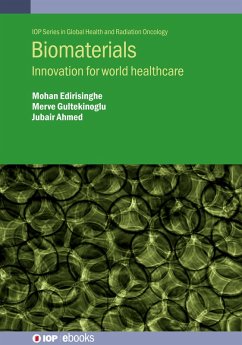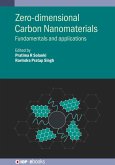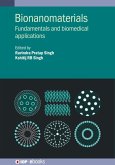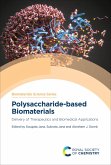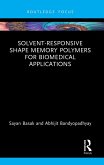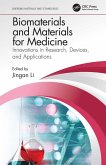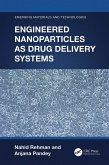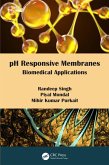A biomaterial is defined as a substance that has been engineered to take a form which, alone or as part of a complex system, is used to direct, by control of interactions with components of living systems, the course of any therapeutic or diagnostics procedures. They are used in close contact with biological systems, tissues and fluids and to serve a medical purpose, such as replacing a damaged organ or treating a disease. They play an integral role in medicine - restoring function and facilitating healing for people after injury or disease.
Biomaterials may be natural or synthetic and are used in medical applications to support, enhance or replace damaged tissue or biological function. The first historical use of biomaterials dates to antiquity, when ancient Egyptians used sutures made from animal sinew. The modern field of biomaterials combine medicine, biology, physics, and chemistry and more recent influences from tissue engineering and materials science. The field has grown significantly over the past decade, largely due to discoveries in tissue engineering, regenerative medicine and more.
This new book delves into the authors' original research and methods related to entities such as particles, capsules, microbubbles and fibres pertinent to a new generation of biomaterials, appropriate for healthcare applications such as drug delivery, imaging, tissue engineering, antimicrobial filtration, etc.
Biomaterials may be natural or synthetic and are used in medical applications to support, enhance or replace damaged tissue or biological function. The first historical use of biomaterials dates to antiquity, when ancient Egyptians used sutures made from animal sinew. The modern field of biomaterials combine medicine, biology, physics, and chemistry and more recent influences from tissue engineering and materials science. The field has grown significantly over the past decade, largely due to discoveries in tissue engineering, regenerative medicine and more.
This new book delves into the authors' original research and methods related to entities such as particles, capsules, microbubbles and fibres pertinent to a new generation of biomaterials, appropriate for healthcare applications such as drug delivery, imaging, tissue engineering, antimicrobial filtration, etc.
Dieser Download kann aus rechtlichen Gründen nur mit Rechnungsadresse in A, D ausgeliefert werden.

